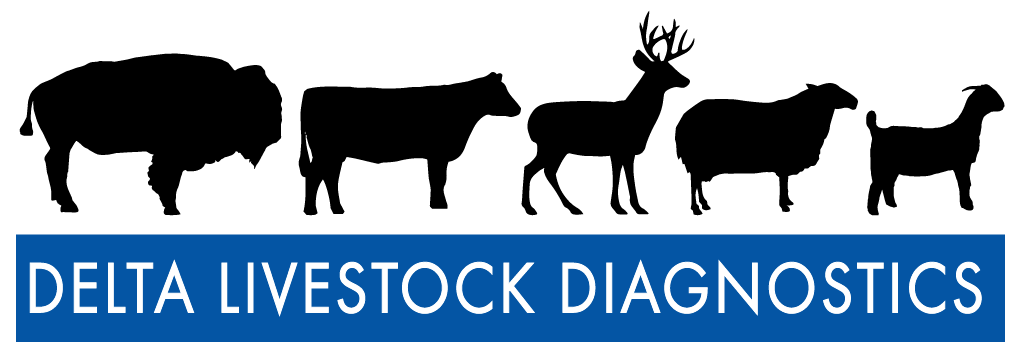The most straightforward explanation of serology testing is a laboratory test that checks for the presence of antibodies or other substances using the serum portion of a blood sample. The serum is an amber-colored liquid that separates when blood coagulates. Antibodies are proteins the body’s immune system produces in response to a foreign substance or microorganism, such as a virus or bacteria. Serology tests look for specific antibodies to see whether an animal has been exposed to or infected with a virus or other infectious agent. Delta Livestock Diagnostics uses the enzyme-linked immunosorbent assay (ELISA) for submitted samples.

How the Numbers Work
Serology techniques have been employed for decades and have a proven track record in the field. They are very reliable, and the results are accepted widely by animal health professionals. Traditional serological diagnosis of infection is based upon identifying specific antibodies using validated serological assays to detect antibodies as indicators for infectious diseases in animals. When an animal encounters a contagious agent or foreign substance for the first time, an antibody to that agent or substance is generally detectable in the serum within 10–14 days. The time required for antibody production depends upon the nature, amount, and route of exposure to the agent. Other factors that influence antibody production and testing results are:
- The age and immune status of the animal.
- Internal parasite loads.
- Injuries.
- The sensitivity of the test used to indicate circulating antibodies.
For some infectious organisms, producing detectable antibodies may take considerably longer than 14 days; for example, antibodies to equine infectious anemia virus may be detected for less than 60 days post-exposure. Except for certain life-long viral infections (equine infectious anemia, bovine leukemia, caprine arthritis encephalitis), antibody presence in an animal does not necessarily indicate that the animal is actively infected with that virus at the time of sampling. Antibody presence can mean that the animal has been exposed to a disease-causing organism or has maternal antibodies circulating. Animals less than seven months of age are not recommended for biosecurity testing due to the potential interference of maternal antibodies on serology testing.
If you have any questions, please reach out to our office through email or phone at (870)588-4295.

